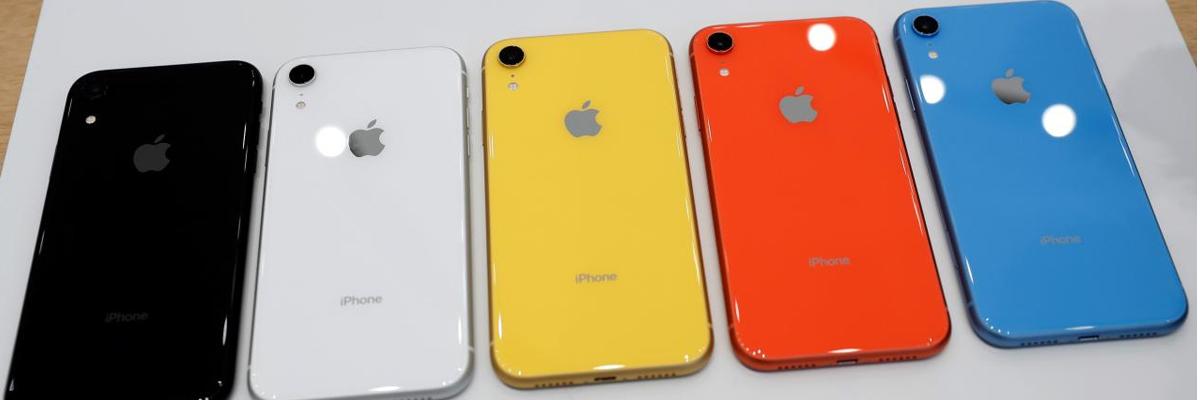Apple changes how it reports US national security requests

Apple Inc on Thursday changed how it reports on US national security requests for user data, bringing its procedures more in line with those of technology rivals such as Microsoft Corp and Alphabet Incs Google
Apple Inc on Thursday changed how it reports on US national security requests for user data, bringing its procedures more in line with those of technology rivals such as Microsoft Corp and Alphabet Inc’s Google.
In its first-half 2018 transparency report on government data requests to its website, Apple separated out National Security Letters and requests under the Foreign Intelligence Surveillance Act, or FISA. Apple had combined numbers for the two items since it began reporting them in 2014.
Apple had previously published its aggregate number sooner than other technology companies that broke them out separately because the FISA numbers are subject to a six-month reporting delay by law.
Apple will also report the number of FISA requests for a user’s content versus those not inquiring about such content.
The changes will mean longer delays in Apple’s reporting of overall national security requests. But the new format is similar to those for companies such as Microsoft and Google, making it easier for researchers and the public to compare.
From January through June, Apple received 0 to 499 National Security Letters, which function somewhat like subpoenas, related to 1,000 to 1,499 users, the company said. Because of the reporting changes, Apple did not cite the number of FISA requests received for the first half of 2018 but will do so after Dec. 31.
Apple on Thursday also changed the way it presents data on government requests, launching an interactive website that makes it easier for consumers to look up government data requests in their home country. It also offered the raw data in a format that makes it easier for researchers to upload into software programs.
Apple said it received 4,177 “account requests” from the government related to 40,641 users. Law enforcement officials can seek information such as stored photos, email, device backups that might include text messages, contacts or calendars.
Earlier this year, Apple said it was streamlining the online tools it offers for law enforcement officials to request data and would offer training courses on what kind of data officials can obtain from the iPhone maker.







